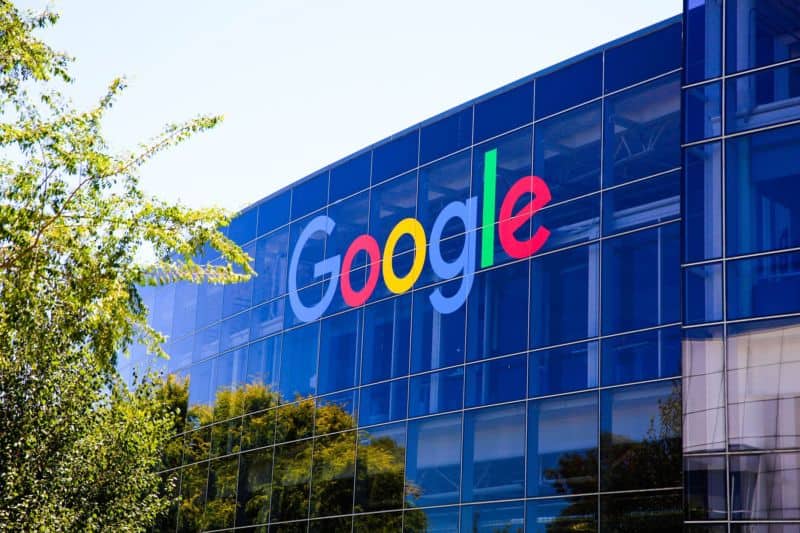
The Supreme Court has sided with Google in its decade-long legal battle with Oracle over the copyright status of application programming interfaces. The ruling means that Google will not owe Oracle billions of dollars in damages. It also has big implications for the broader software industry, since a ruling in the opposite direction could have triggered a wave of lawsuits against software companies that re-implemented other companies’ APIs.
The case dates back to the creation of the Android platform in the mid-2000s. Google decided to base Android on Sun’s Java programming language, enabling existing Java programmers to easily develop for the platform. Google independently implemented the Java API methods, but to ensure compatibility, it copied Java’s method names, argument types, and the class and package hierarchy.
A few years later, Oracle acquired Sun and soon afterward sued Google, arguing that Google’s copying had infringed Sun’s copyrights. Over a decade of litigation, Google won twice at the trial court level, but each time, the ruling was overruled by the Federal Circuit appeals court. The case finally reached the Supreme Court last year.
Writing for a six-justice majority, Justice Stephen Breyer held that Google’s copying of the Java API calls was permissible under copyright’s fair use doctrine. The high court punted on whether APIs can be copyrighted in the first place. But the court’s fair use reasoning was broad enough that it should provide a strong defense for most API copying, making the question of API copyrights much less important.
We’ll publish an in-depth analysis of the court’s reasoning once we have time to fully digest it and see what the experts are saying.
























